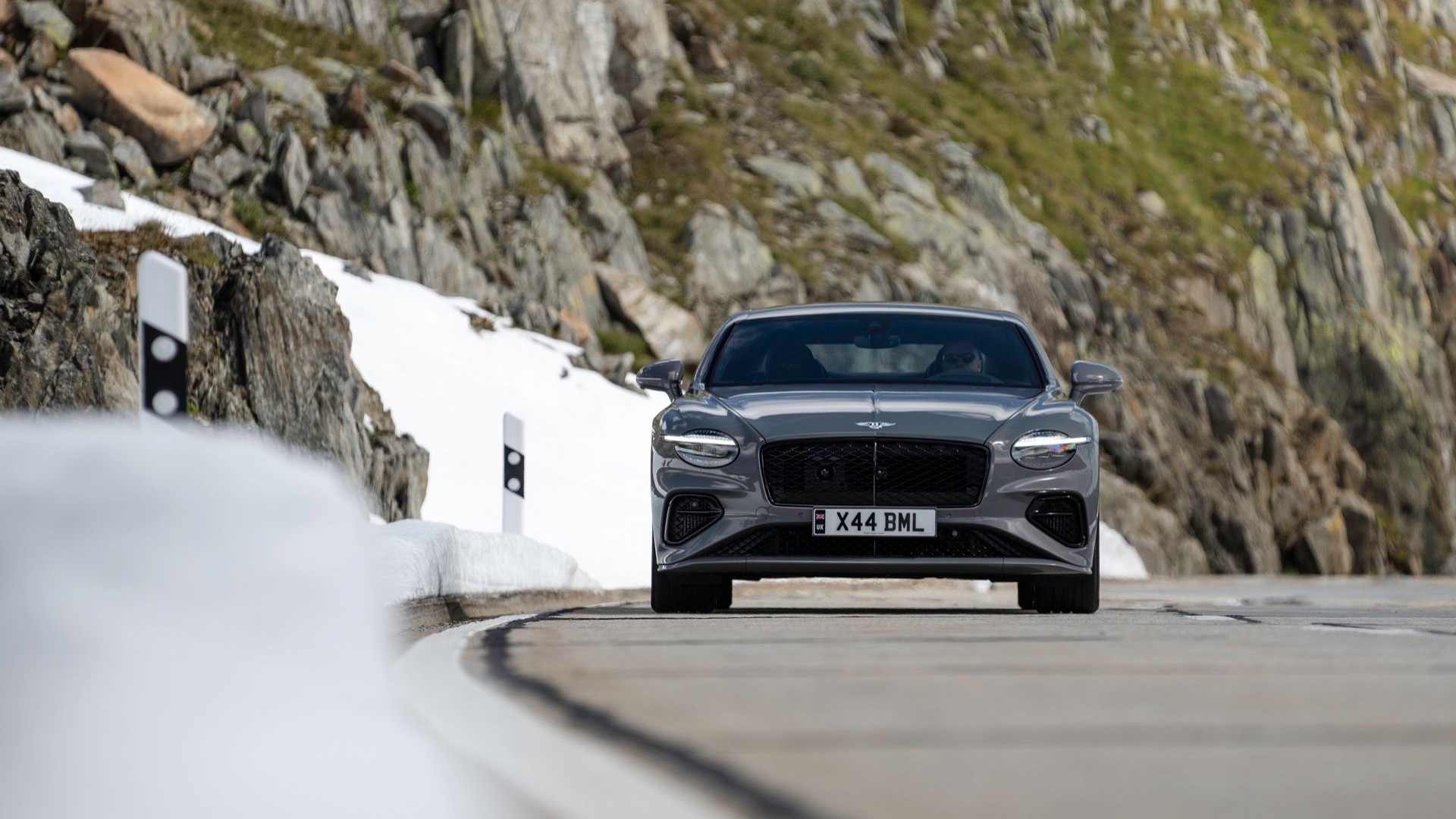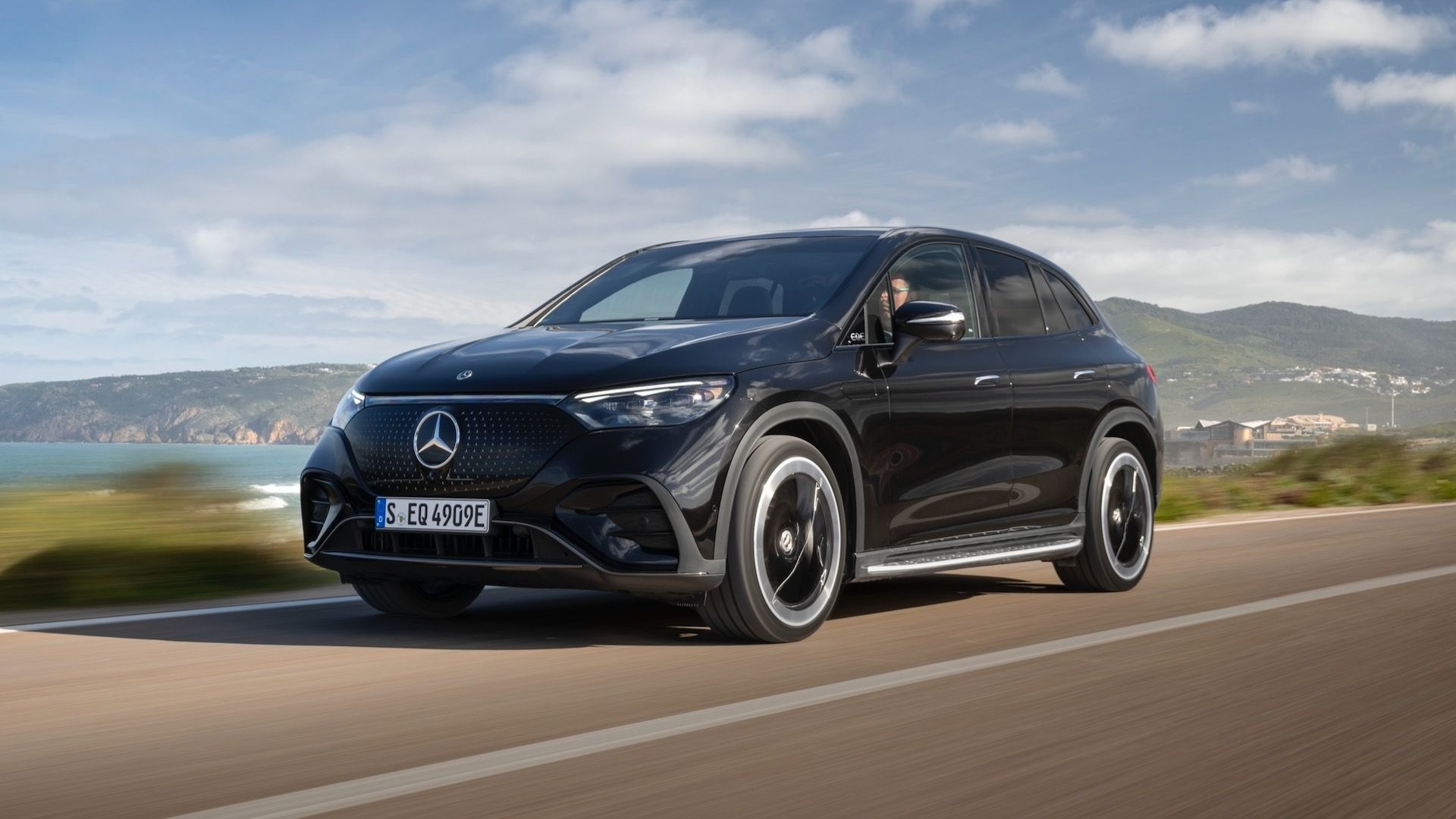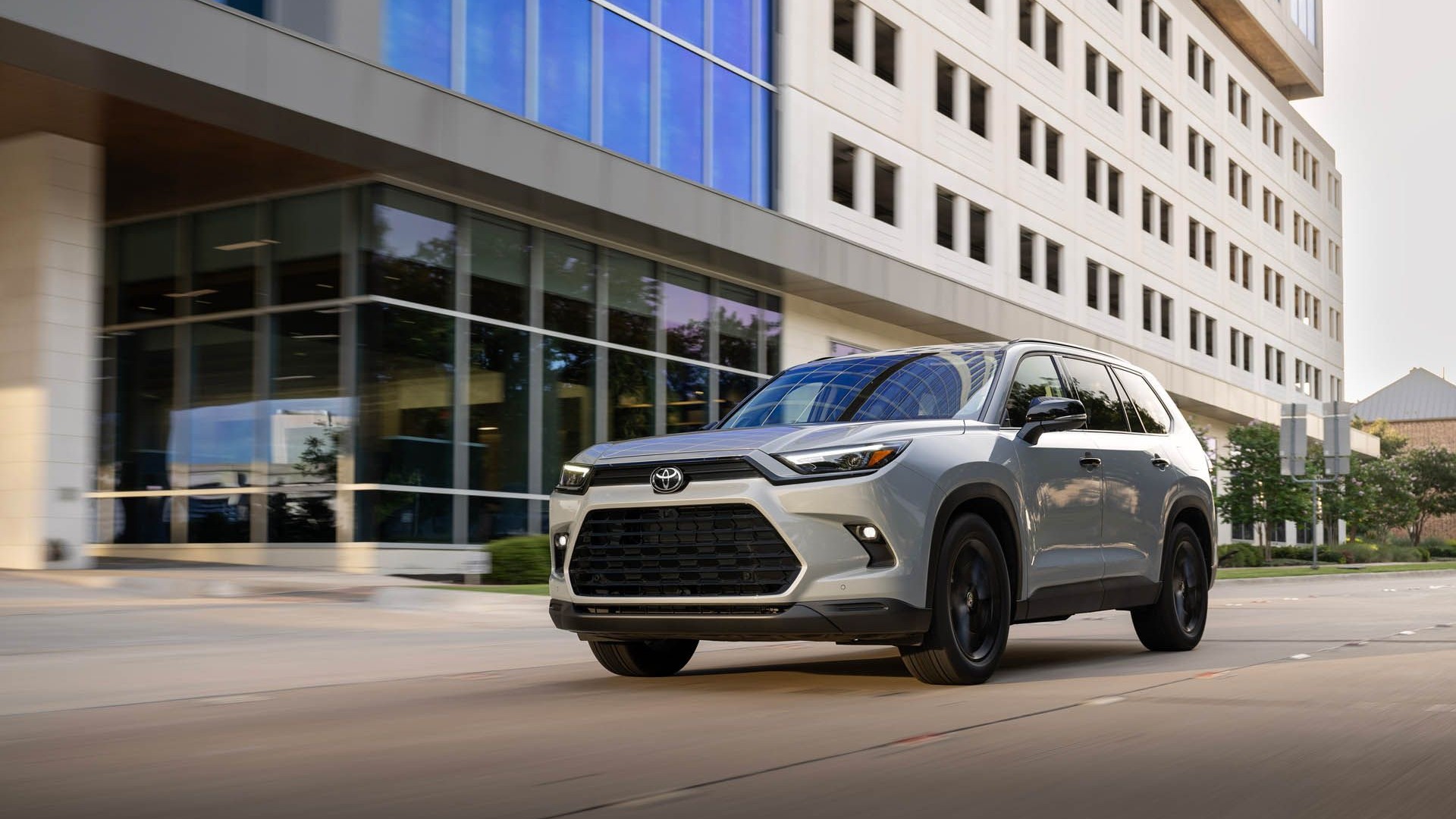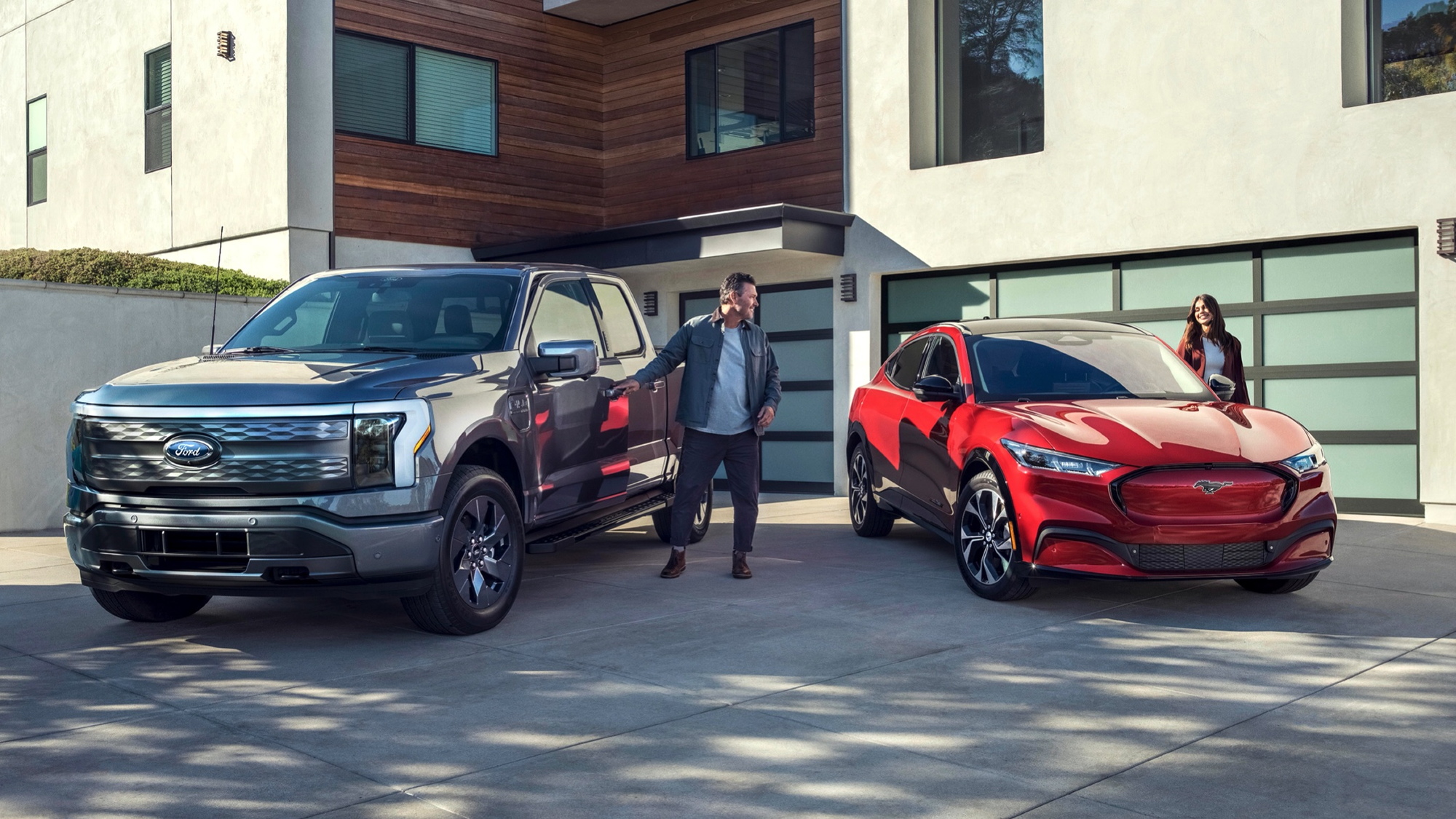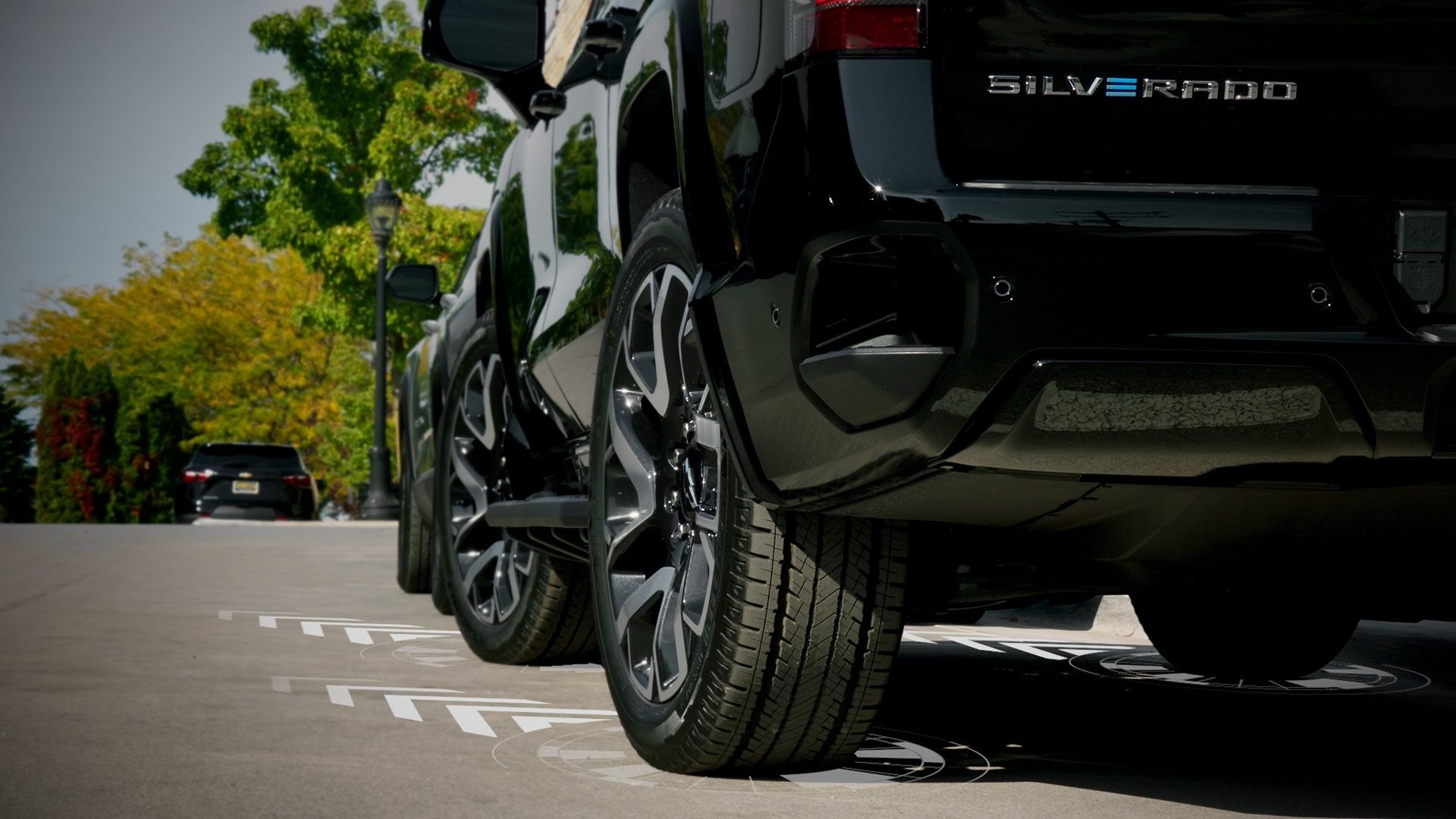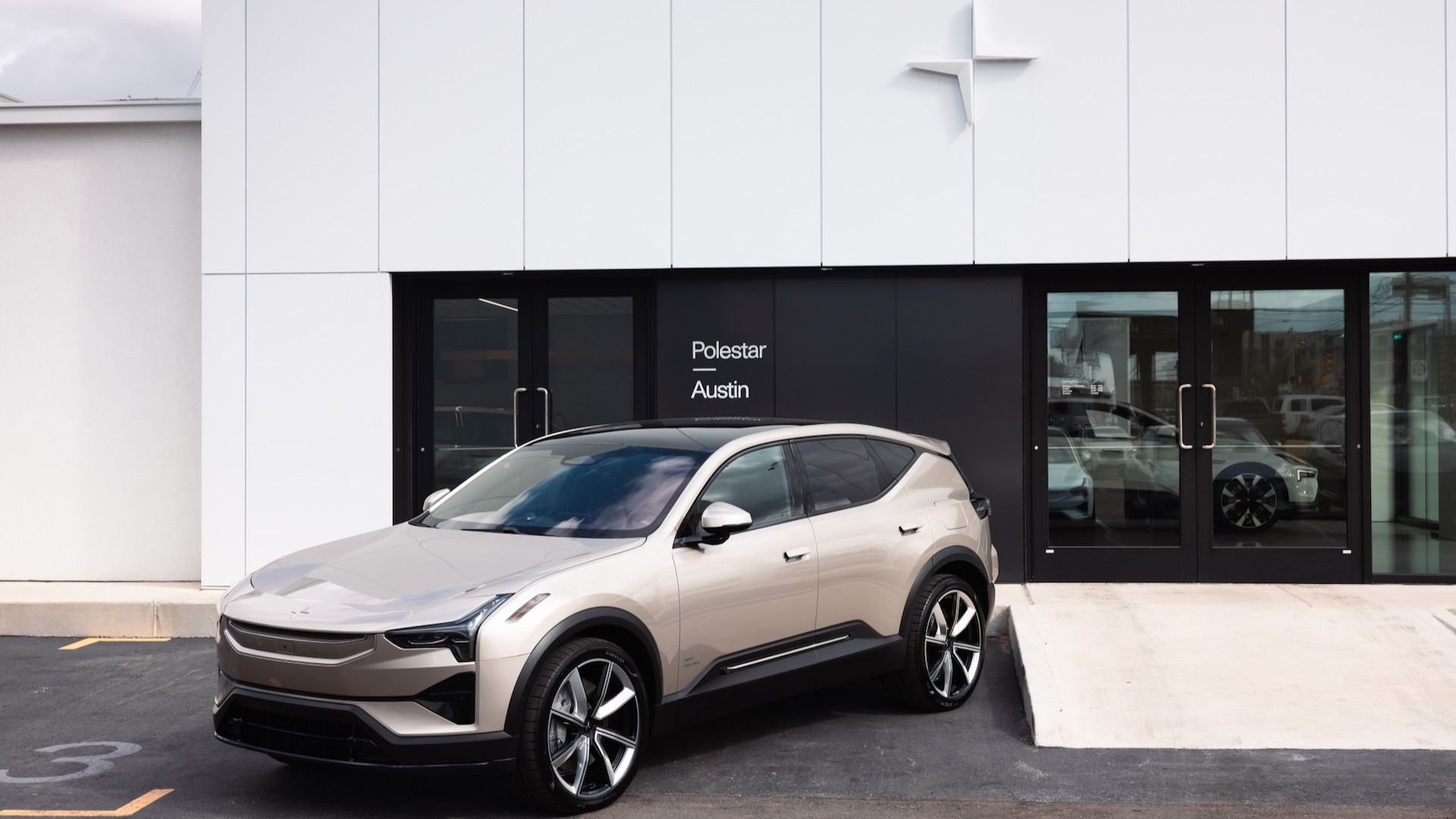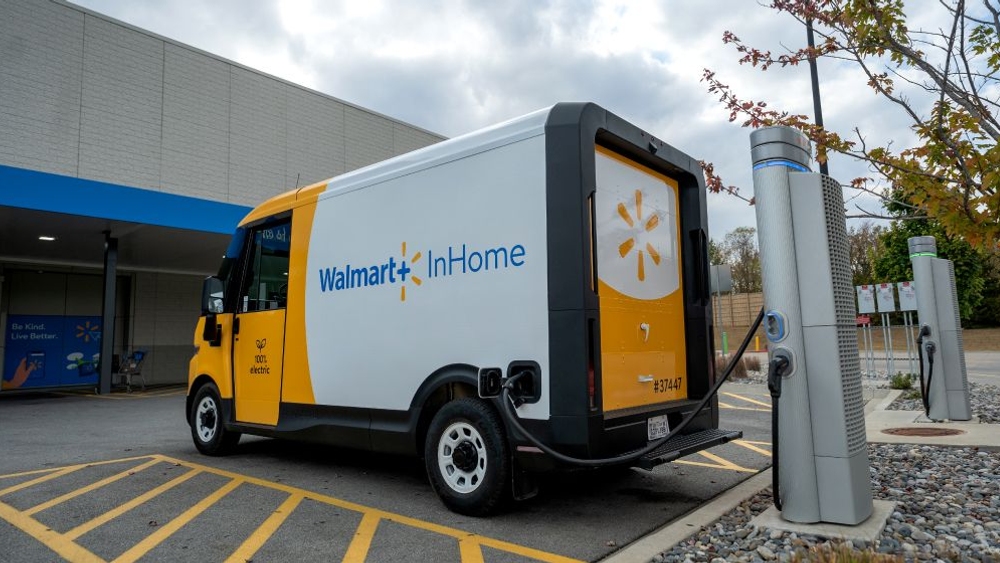The ongoing investigation into a fatal May 7 crash involving a Model S driving on Autopilot has cost Tesla some of its credibility with the public.
Now, it's also cost the electric-car maker a supplier relationship important to the semi-autonomous driving system.
Israeli camera supplier Mobileye will no longer supply equipment used for Autopilot to Tesla Motors after a current contract ends.
DON'T MISS: NHTSA to investigate Tesla Model S Autopilot crash that killed driver: UPDATED
The company decided to drop Tesla as a customer because of "disagreements about how the technology was deployed," according to The Wall Street Journal (subscription required).
During a recent earnings call with analysts, Mobileye CTO Amnon Shashua indicated that the May 7 crash led to the decision to end the relationship with Tesla, the paper said.
Shashua said Mobileye wanted to retain some control over how its technology is used, rather than simply supplying it to companies without being allowed any further input.

L to R: Intel CEO Brian Krzanich, BMW CEO Harald Krüger and Mobileye Chairman Amnon Shashua
At a news conference with BMW and Intel earlier this month promoting partnerships with those companies, Shashua urged carmakers to be transparent about the limitations of their driver-assist systems.
"It's not enough to tell the driver to be alert but to tell the driver why," he said at the time.
ALSO SEE: Tesla says Autopilot not turned on in Model X crash NHTSA is investigating (update)
In an e-mail to The Wall Street Journal, Tesla CEO Elon Musk said the split wouldn't affect Tesla's plans to continue developing Autopilot as a stepping stone to fully-autonomous cars.
Musk said this "was expected" and that it "will not have any material effect on our plans."
In the fatal crash, Tesla said Autopilot failed to distinguish the side of a semi trailer from the "bright sky" behind it.
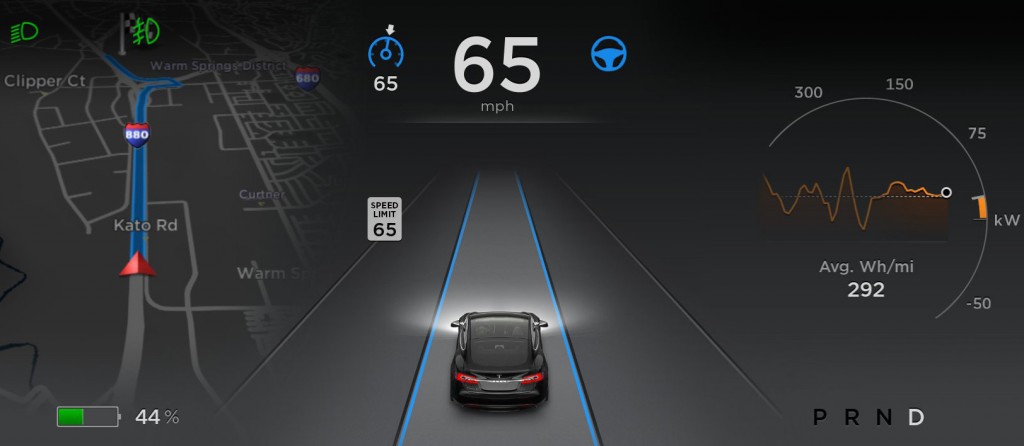
Tesla Autopilot suite of features - with version 7.0 update
Musk has said that Tesla will update Autopilot to rely more on its radar sensors to detect obstacles, rather than the forward-facing camera.
In response to the split, Musk chided Mobileye, claiming the supplier's commitments to traditional carmakers produces a "very high engineering drag coefficient" that will make it hard to advance its technology.
MORE: Tesla working on changes to Autopilot driver-assistance software
Mobileye promises a new system called EyeQ4 debuting in 2018 will have greater capabilities than its current systems—particularly when it comes to detecting vehicles cutting in front of a car.
The Israeli company has contracts to supply camera-based systems to more than a dozen automakers, including two contracts to supply technology that allows for fully-autonomous driving by 2019.
[hat tip: Max Looker]
_______________________________________________
